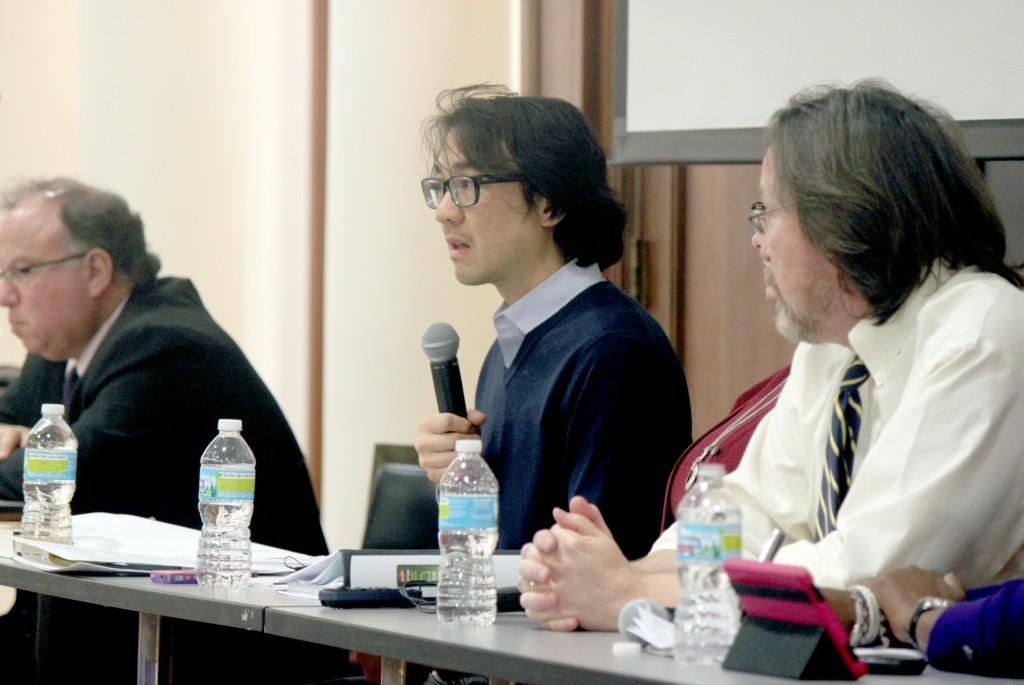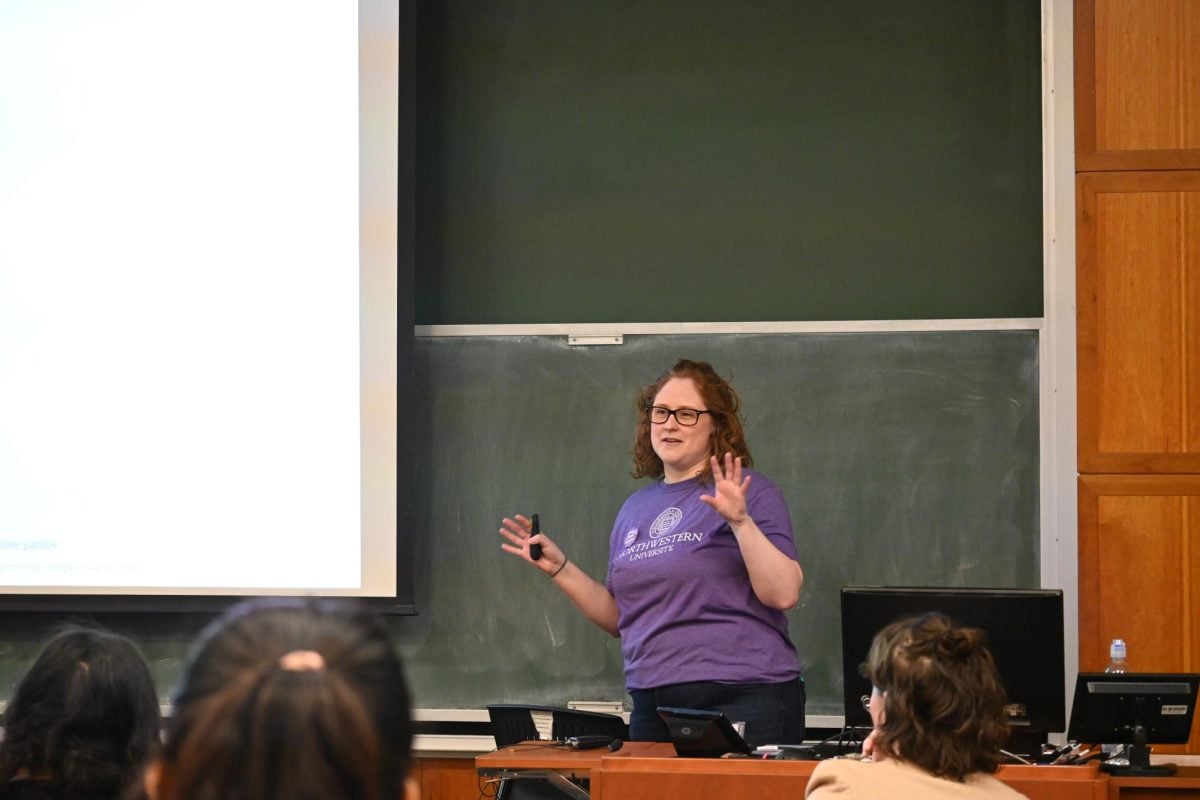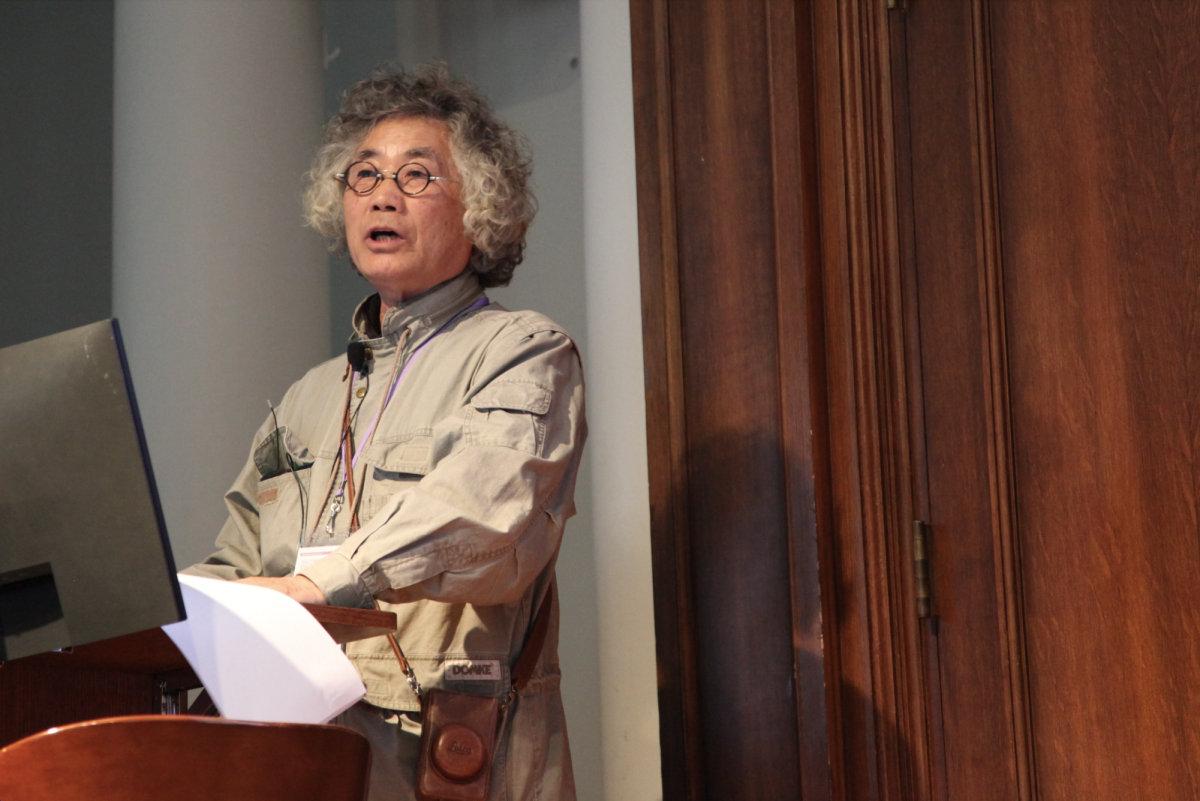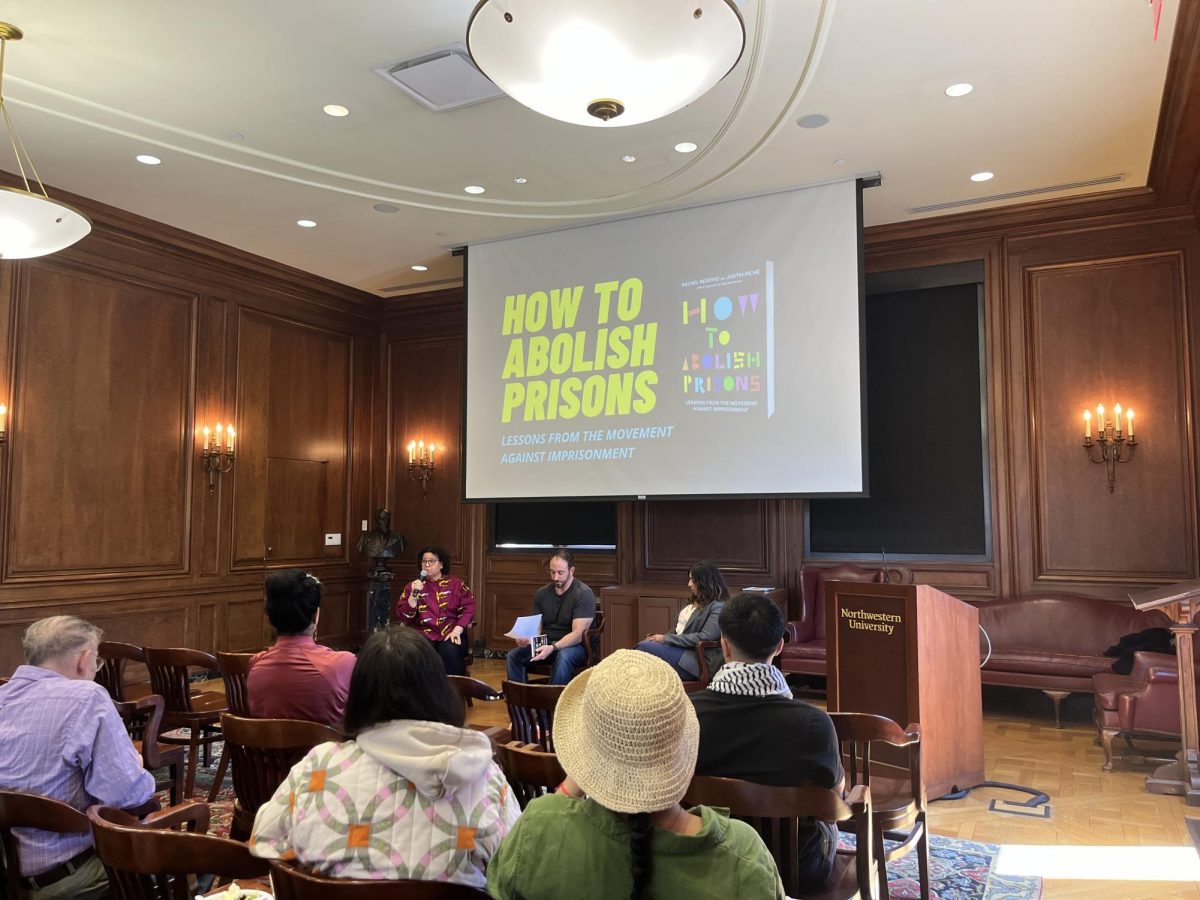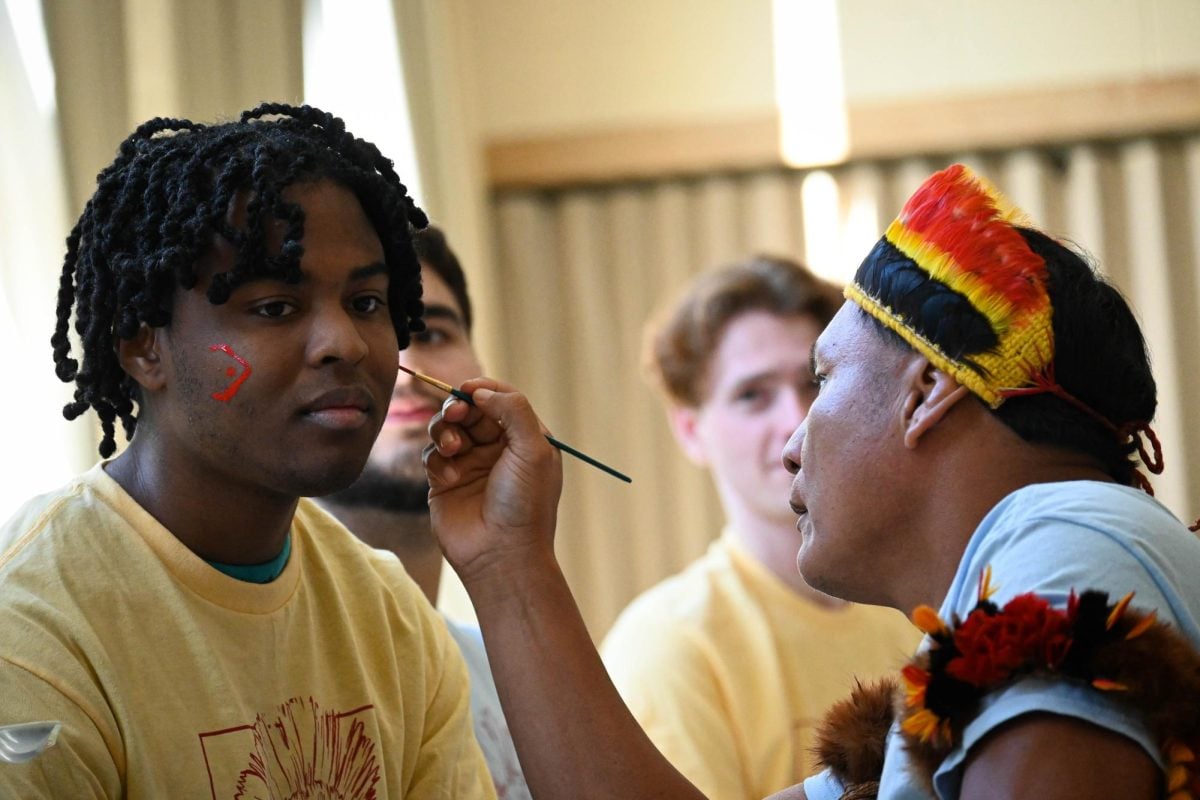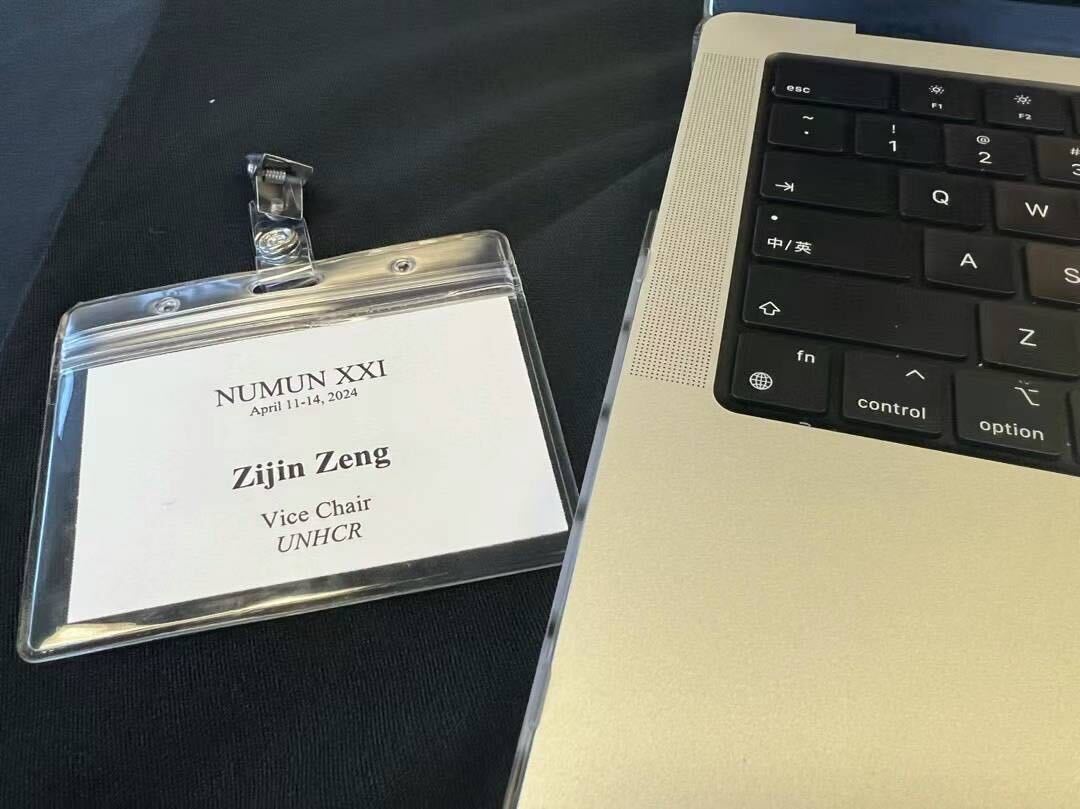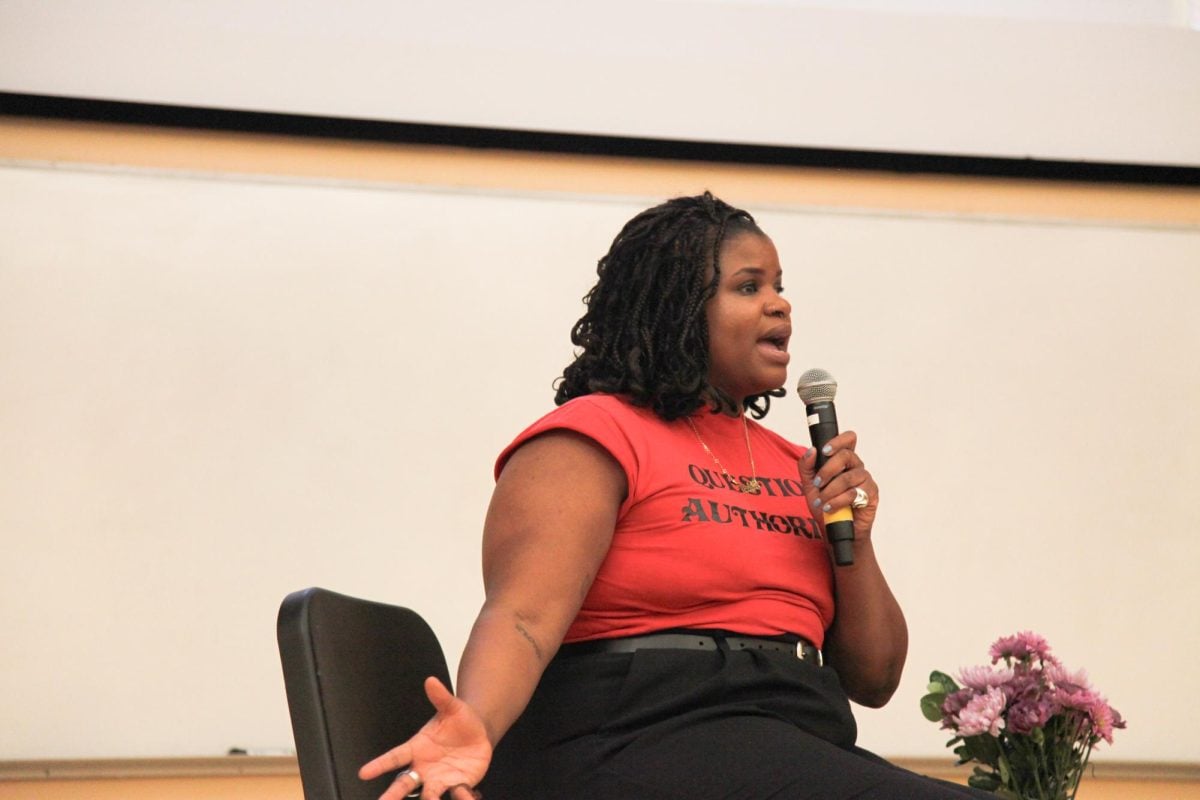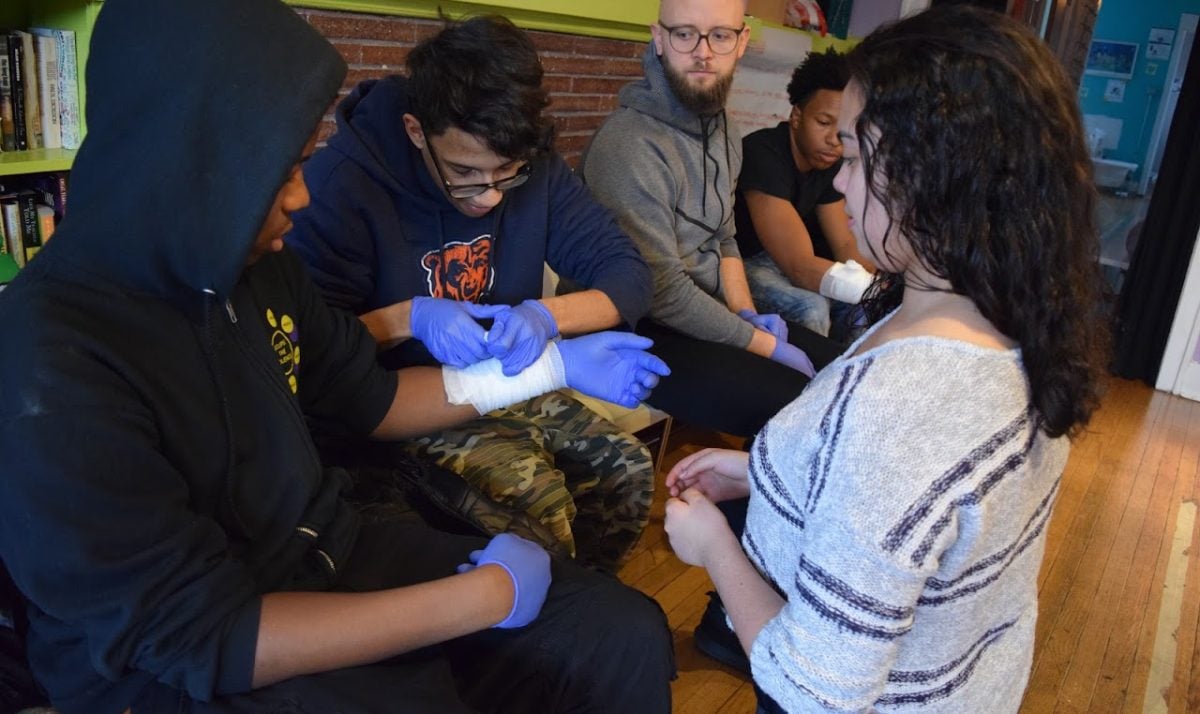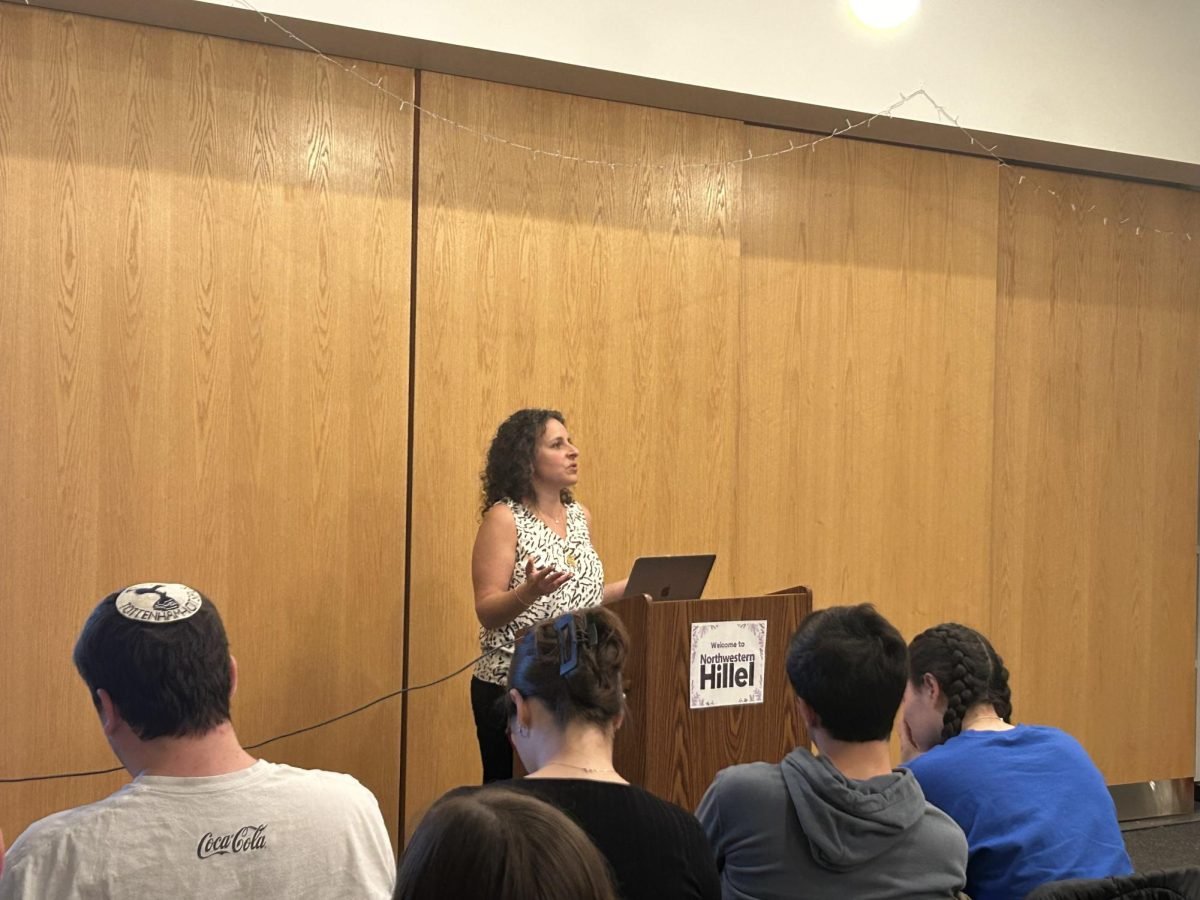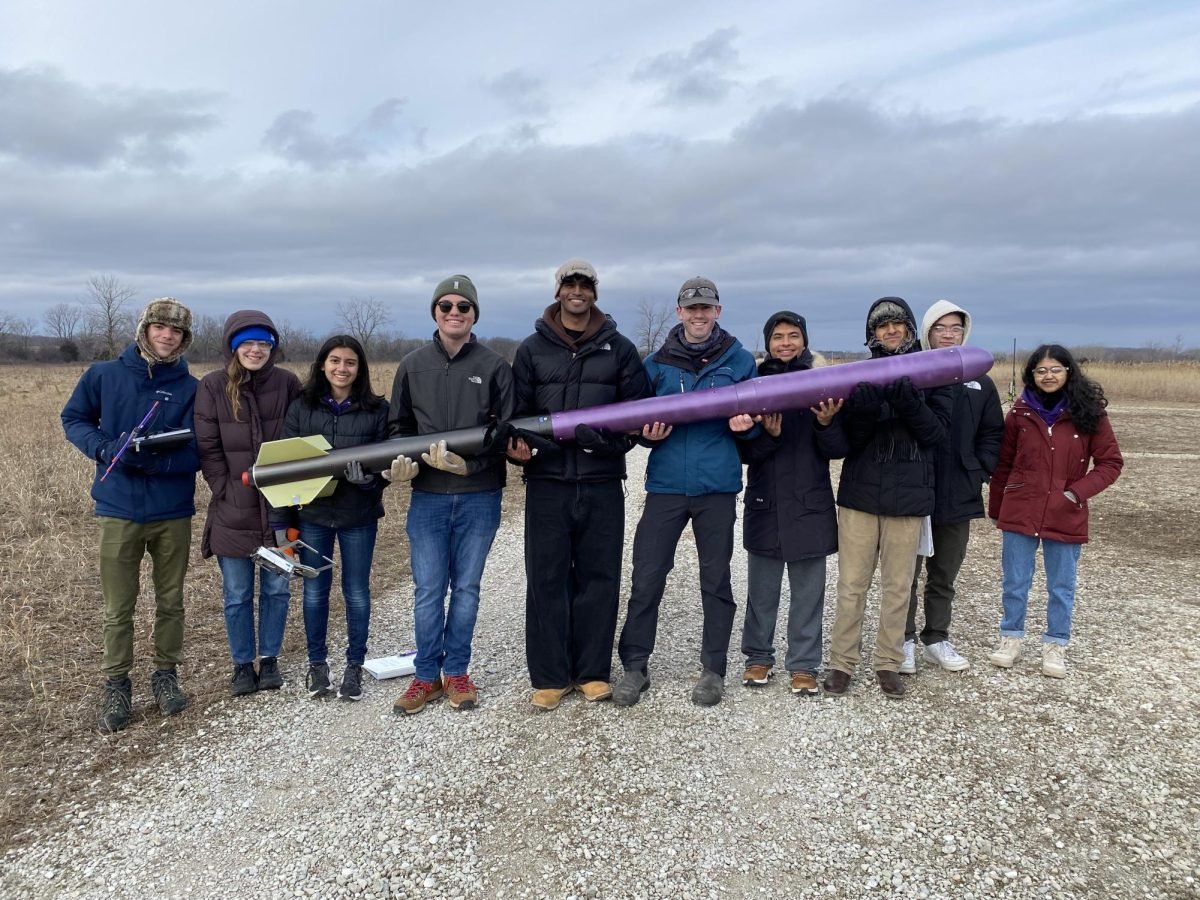An expert panel on Wednesday discussed the Supreme Court’s most recent review of affirmative action and its potential impact on the Northwestern community.
About 100 people attended the event at Harris Hall, where authorities on sociology, law, enrollment and industry weighed in on Fisher v. University of Texas. The panel was moderated by Daniel Rodriguez, dean of NU’s School of Law, and sponsored by the Office of the Provost, Associated Student Government and the Political Union.
The Supreme Court heard arguments in October in Fisher v. University of Texas, a case filed by a white woman, Abigail Fisher, who claims she was denied admittance to the University of Texas at Austin due to policies that factor race in admissions decisions. Fisher says she was denied admission to the university because minority students were given preference in the admissions process. The university argues Fisher would not have been admitted if race played no role, and that it is free to assemble a diverse student body as part of its mission.
The panel expressed concern that the Supreme Court would use this case as an opportunity to reverse the 2003 decision in Grutter v. Bollinger that upheld affirmative action using race as part of a “holistic review” of an application. Speakers said today’s Supreme Court justices are more conservative than they were a decade ago, which may mean either a complete reversal or more strict regulations on how race may be used in admissions decisions.
Panelist Mike Mills, NU’s associate provost for enrollment, debunked many misconceptions about affirmative action, explaining how race can be considered after weighing several qualities and how admissions decisions cannot be based on “attaining (a) predetermined rigid number” of minority students. Mills said the impact the Supreme Court’s decision will have on NU admissions would depend on the specifics of the ruling.
NU Provost Daniel Linzer said when the Supreme Court rules on the case, his office will meet with the University’s general counsel to discuss whether NU has to alter its admissions policy.
He explained that the decision could have particular impact on the makeup of Northwestern’s Class of 2017, whose early decision applicants will be admitted this month prior to the Supreme Court’s decision; regular decision applicants, however, will be admitted following the decision.
“We may have a mixed policy in place on the entering class of 2013,” Linzer said.
Mills said a complete reversal of Grutter v. Bollinger would affect the number of minority students at NU, even if his office continued to increase diversity by factoring in applicants’ socioeconomic status.
“We would take a drop in our African American and Latino numbers,” he said.
In August, NU filed an amicus brief in the Fisher case with nine other institutions in support of the University of Texas, advocating for diversity in higher education.
“Admission policies are critical instruments for achieving our educational mission,” University President Morton Schapiro said a news release in August. “In this Supreme Court deliberation, it is important that Northwestern be ‘on the record’ about the connection between these policies and our mission to pursue diversity and institutional excellence.”
Wednesday’s panel also looked to how a potential ruling against affirmative action could impact business. Panelist Ava Youngblood (McCormick ’79,), chief executive officer of Youngblood Executive Search, spoke about the under-representation of minorities and women as at the helm of Fortune 500 companies. She said affirmative action is necessary for equal representation in the workplace.
“If we begin to limit diversity coming into college, we will never achieve the goals,” Youngblood said.

